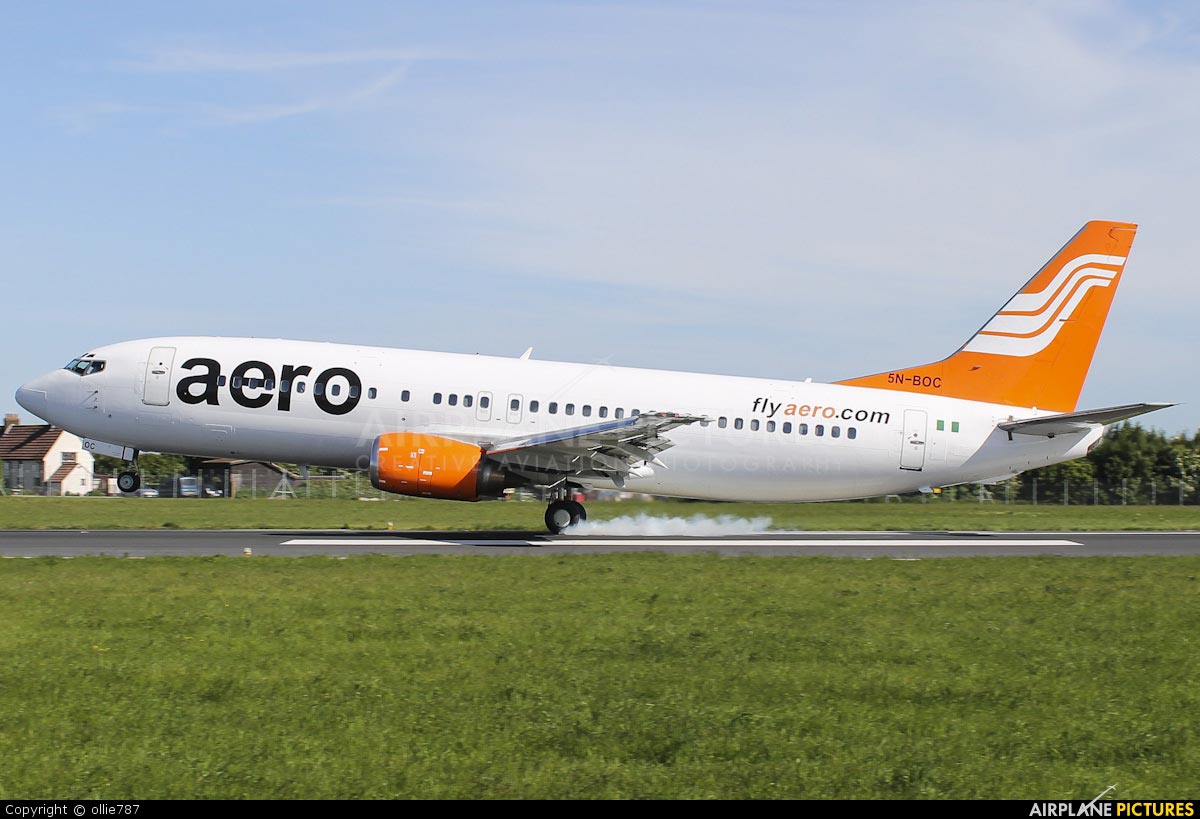The World Bank has recommended a reforms in the aviation industry in Nigeria which is aimed at reducing airfares to enable more Nigerians to travel by air.
This was part of World Bank’s report to the Federal Government after the audit of Nigerian airlines.
World Bank recommends domestic carriers should be an average of 25 and suggests the Federal Government to assist in reducing charges and taxes, check high prices of aviation fuel and modernisation of airport facilities.
This, they say, will make the airlines operate profitable even with low airfare.
ThisDay reports:
According to a source in the Ministry of Aviation, “This operational audit has shown that the aviation industry in Nigeria needs on average 25 domestic airline operators to serve the growing passenger numbers, which at 2010 stood at 14million serving the major airports: Abuja, Lagos, Kano and Port Harcourt.”
World Bank noted that the recommended number of airlines is in tandem with the population of the country, which would soon over strip 200 million and as at now less than 10 per cent of the citizens travel by air but with more airlines, more competition and government support, fares would crash to a rate that could be afforded by average Nigerian, which would triple the number of air travellers.
Ideally, with the growth of Nigeria’s economy, the working population and growing number of youths, it is expected that at least 40 per cent of Nigerians should travel by air, especially as there is limited alternative transport system.
Besides roads, there is no other well developed means of transport, as the rail system is yet to emerge as dependable alternative and only those who live in riverine areas travel by sea, so with over 25 airports located largely at state capitals, it is expected that more people should travel by air if the air fares are relatively low.
It is therefore projected that about 70 million citizens should travel by air but as at today the existing capacity of domestic carriers is grossly low and the fares are outrageously high; that a one- hour flight which is about $80.00 (about N13,500) in other parts of the world could rise to over $300 (N35,000) at peak periods.
The high fares may be described as conspiracy of government policies and the airlines because while the airlines say that government is not giving the domestic carriers the needed incentive, the airlines have refused to carry out measures that would enhance better operating environment, which include the unwillingness to cooperate through interlining and other code sharing measures.
The Managing Director and Chief Executive Officer of MedView Airline, Alhaji Muneer Bankole recently attributed high fares to high cost of aviation fuel, known as JET A1, noting that high fuel cost “eats up the revenue of airlines, taking over 40 per cent of operational cost of putting aircraft in the air.”
The airlines have also complained about high charges by aviation agencies, including the five per cent tax on ticket by the Nigerian Civil Aviation Authority (NCAA), which it shares with two other agencies; the charges paid to the Federal Airports Authority of Nigeria and that of the Nigerian Airspace Management Agency (NAMA).
Bankole said that these charges stifle the growth of indigenous airlines and this explained why no domestic airline exists for a long time and also why Nigerian operators have limited capacity, lamenting that a country of over 170 million has barely six operating airlines, many of them with few aircraft in their fleet.
“The challenge in running an airline in Nigeria is enormous. It is just the matter of doing something for a long time that made us go into the business,” Bankole said.







